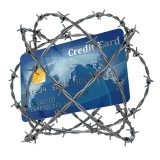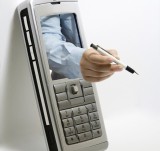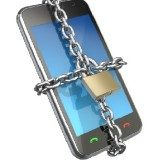Posted on 20 October 2011 by Thales DIS
Online banking fraud is down by nearly a third in the UK, according to banking industry group Financial Fraud Action (FFA) UK. This is quite an astonishing figure, which the FFA attributed to a rise in anti-fraud software and chip-and-pin technology. It is great to see the UK demonstrating how to attack online banking fraud […]
Posted on 20 September 2011 by Thales DIS
Recently, @briankrebs highlighted a Trojan attack which showed quite how sophisticated some cyber attacks are now becoming. The case in question is being investigated by German police, and involves a new piece of malware which convinces online banking customers to willingly transfer their own money into the accounts of criminals. This particular case shows that, sometimes, even a layered […]
Posted on 12 September 2011 by Thales DIS
Mobile phones are fast moving beyond communications, beyond gaming, social and productivity tools, to take on a vast number of new applications thanks to the use of NFC-based technology and data services. We’re theoretically able to unlock hotel rooms, pay for groceries, secure deals with location-based vouchers and work on the go. We can do […]
Posted on 01 September 2011 by Thales DIS
According to this article from USA Today last week, cyber-attacks are set to increase over the remainder of this year due to the widespread availability of a new SpyEye hacker toolkit. The software allows hackers or cybercriminals to control a network of up to thousands of botnets, which can then be used for spamming, DDOS […]
Posted on by Thales DIS
Using secure eBanking devices reduces online fraud because a hacker cannot access (or take) money from your online banking accounts using only your stolen login information. The hacker would also need the device, a smart bankcard and reader or a secure USB token. Still not convinced you should use secure eBanking devices? Read on!
Posted on 31 August 2011 by Thales DIS
I recently discussed the future of the online banking industry and how the FFEIC should shape its next set of guidelines to ensure the safety of both banks and their customers in the years ahead. However, one area which I didn’t explore in that post is the mobile platform, and the role it has to play […]





